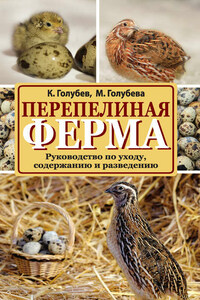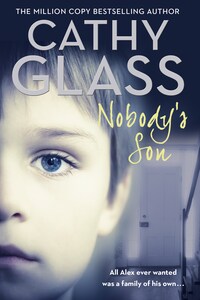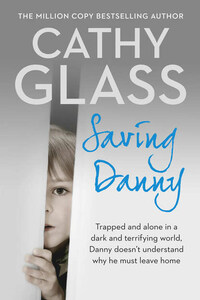Most families have secrets – skeletons in the closet that are never spoken of. Sometimes the secret is so painful, and buried so deep, that it becomes ‘forgotten’ by the family.
This is the story of Mandy, who wasn’t aware she held the key to her family’s dreadful secret until a crisis unlocked it.
AUTHOR’S NOTE: Attitudes to the administering of pain relief are slowly changing.
‘I’m sorry,’ Mandy said, stopping Adam’s hand from going any further. ‘I’m sorry. I can’t. Not now.’
‘It’s OK,’ he said a little too quickly, moving away. ‘I could do with an early night.’
She watched him cross her bedsitting room to the chair where he’d left his jacket. Throwing his jacket over his shoulder he continued to walk away from her – to the door. Stop him, now, Mandy told herself. Stop him before it’s too late. ‘Adam?’ she said.
He turned. ‘Yes?’
She hesitated, and then shrugged. ‘Nothing. I’ll see you tomorrow?’
He gave a non-committal half-nod. ‘I’ll phone.’
She watched helplessly as he let himself out. Idiot! she cursed herself. Go after him and try to explain. You’ve done this once too often. It’ll serve you right if he makes it the last time and you lose him for good. But even if she went after him what could she say? She didn’t understand why she behaved as she did, so how could she possibly explain it to him?
Tears stung the back of her eyes. She stood up, moved away from the bed and slowly crossed to the easel propped against the far wall. She stared at the canvas on it. It was entirely blank: an added testament to her failure. Failure as an artist; failure as a lover; failure as a daughter; failure even as a person. Her life was one long failure. She picked up the paintbrush and, deep in thought, stood for a moment holding it at either end, absently flexing the wood. It bent, and then snapped in two. The sound of splintering, cracking wood was satisfying in its finality. It was broken and could never be repaired.
Mandy woke with a start. The room was not as it should be; she could sense it. Something had woken her – something close and imminent. Something wrong? She raised her head and looked around. The room was empty, as it should be. Adam had gone and although he had a key he would never use it without asking her first.
Yet something had disturbed her. It was too early for her to wake naturally. The room wasn’t properly light yet, and even the weakest of suns came through the thin and faded curtains. And the street noise filtering through the ill-fitting Victorian sash windows of her bedsitting room suggested very early morning. Mandy turned on to her side and reached over the edge of the bed for her phone. Bringing it to her eyes she peered at the time: 6.29 a.m.
What sounded like hailstones landed against the window and she guessed it was the hail that had woken her. Another wet day, she thought, and to make it worse she’d argued with Adam. She closed her eyes again and hoped the day would go away. No rain followed the hail. She heard a car door slam and the engine start, and a lone police siren in the distance. Then another blast of hail.
A pattern of sound began to emerge as Mandy lay enfolded in her duvet, eyes closed, trying to keep the day at bay. A blast of hail, sand-like against the window, then silence, then another blast of hail. It gradually occurred to her in the half-light of her thoughts and consciousness that the pattern of noise was too regular, too neatly spaced to be hail. She decided it was more likely to be Nick from the attic flat, having locked himself out. As he’d done once before he was now throwing gravel against her window to wake her to let him in, rather than pressing the main doorbell and incurring the wrath of the whole house – six residents in self-contained bedsits, or studio flats as the landlord liked to call them.
Why Nick didn’t secrete a spare front-door key in the garden, as she had done, Mandy didn’t know, but would shortly ask. She knew he had a spare key for the door to his room hidden not very imaginatively under the mat outside his door, but that key was obviously useless if he couldn’t get in the outer door first. It crossed her mind to leave him there a while longer to teach him a lesson. But Nick had been helpful in the past – changing a light-bulb for her which had rusted into its socket, and disposing of a large spider lodged in a crevice of the window and out of her reach. Living this semi-communal existence had one advantage, she thought: they helped each other; that, and it went with the bohemian lifestyle she’d chosen to try and make it as an artist.














